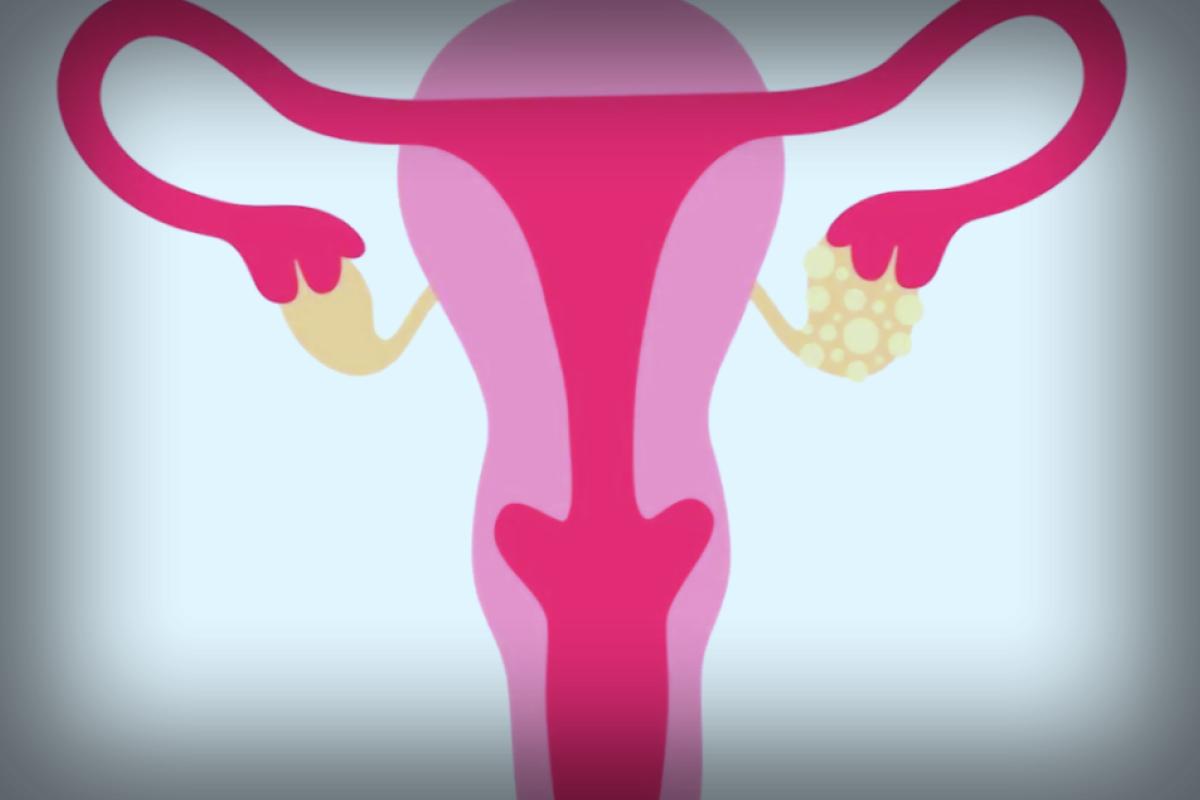If you chat with a group of young women nowadays, you’ll likely hear about Polycystic Ovary Syndrome, or PCOS. Even though it’s common, there’s a lot of confusion surrounding what it really involves, how it differs from PCOD, and whether it’s inherited or influenced by lifestyle choices.
PCOS is a hormonal issue where ovaries produce more androgens, also known as “male hormones,” than normal. This imbalance can interfere with ovulation and mess up menstrual cycles, potentially leading to infertility, weight gain, acne, and increased hair growth.
On the flip side, Polycystic Ovary Disease (PCOD) behaves a bit differently. In the case of PCOD, the ovaries might release numerous immature eggs, forming cysts. While both conditions sound similar, PCOS is often considered more serious—it impacts the whole body’s metabolic and hormonal health, while PCOD mainly affects the ovaries and is usually easier to manage.
Is PCOS Tied to Genetics or Lifestyle?
Dr. Nidhi Sharma Chauhan, an Obstetrician and Gynaecologist from Saifee Hospital in Mumbai, points out it’s not as simple as just one cause over the other. Both genetics and lifestyle contribute.
“It seems that genetics could play a role. Research shows that if a developing baby is exposed to high levels of androgens or certain environmental toxins during pregnancy, it’s more likely to develop PCOS. We also see it running in families, especially among certain demographics like Asians,” she explains.
However, just because there’s a genetic link doesn’t mean everyone with that link will have PCOS. Not everyone with a genetic predisposition will end up with the condition, Dr. Chauhan reassures.
Lifestyle factors are also hugely significant. Weight gain, stress, not getting enough sleep, being inactive, and eating poorly can all trigger symptoms of PCOS.
Why is PCOS Such a Complicated Condition?
CGPCOS doesn’t fit neatly into a single definition. Some women experience irregular periods and difficulties with fertility, while others might deal with metabolic issues like insulin resistance or just significant weight gain. Some may even juggle all these challenges at once.
PCOS varies widely from person to person. According to Dr. Chauhan, “Some women may only notice one or two symptoms; others face the full spectrum.” This diversity makes diagnosing PCOS more challenging and highlights the need for personalized treatment plans. Unlike other conditions that have clear symptoms, PCOS impacts women in various ways, emphasizing the importance of awareness.
Can PCOS Be Managed Effectively?
The bright side? PCOS is manageable! “Though not every case requires lifelong medication, with the proper lifestyle changes and medical help, women can maintain healthy metabolic rates and lead normal lives,” assures Dr. Chauhan.
Smart strategies like maintaining a healthy weight, eating well, exercising regularly, managing stress, and getting quality sleep can make a big difference. Prescription meds might be necessary for specific symptoms, but they’re not the base of the treatment—lifestyle changes are key.





















